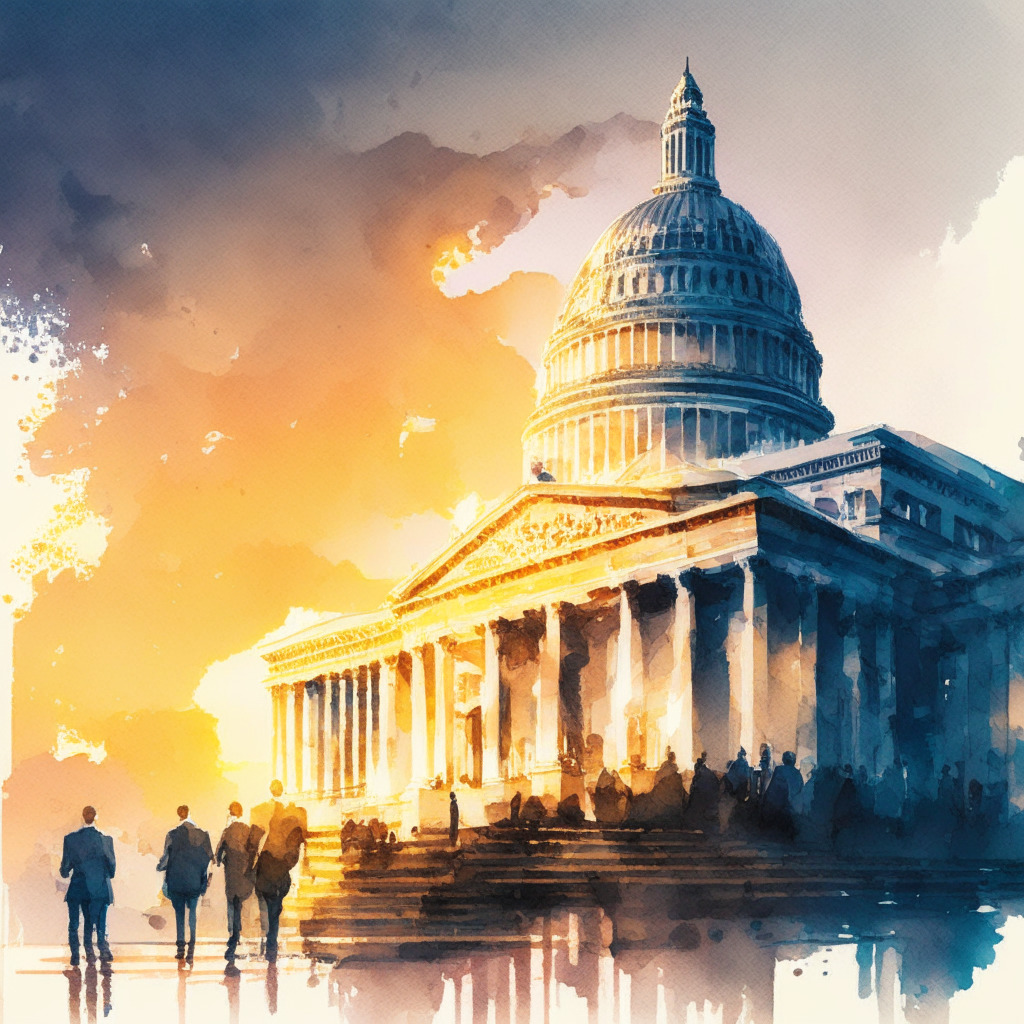The world’s top economic leaders have significantly emphasized the need for global coordination on crypto regulations. This sentiment has arisen amid several heated discussions held during a close-housed G20 meeting – an international forum composed of 19 countries and the European Union.
International Monetary Fund managing director, Kristalina Georgieva presented a unique metaphor for crypto, proclaiming it to be as elusive as water. Try as one might to plug it, it will invariably find its own way out.
An equally interesting perspective was shared by key U.S. Treasury official, Jay Shambaugh who argued that the process of drafting global crypto rules would not serve to normalize the sector’s inherent issues, comparing it to how enforcing seatbelt rules didn’t ensure accident-free roads.
With India at the helm of the current G20 presidency, it planned to present a note on crypto; a roadmap of sorts detailing the country’s vision for global crypto regulations. This ambitious plan was, however, met with several objections. The G20 members stressed the need for collective leadership and consultation before making any solid moves.
The mentioned note was officially published on August 1, following additional internal discussions. This note poignantly serves as an official document echoing India’s recommendations for a globally coordinated approach towards crypto regulations. Further revelations from the note suggest that a special ‘synthesis paper,’ co-created by the IMF and the Financial Stability Board (FSB), is expected to take shape by the end of August.
In the backdrop of the crypto industry, India’s efforts to understand and address the macroeconomic risks associated with crypto, specific to Emerging Markets and Developing Economies (EMDEs), are viewed as a local achievement.
However, even with the expected recognition of global crypto rules during the G20 leaders’ summit, India’s first-ever crypto legislation isn’t necessarily imminent, given the existing anti-money laundering rules and tax structure for crypto. Anonymously cited sources from the Indian Finance Ministry suggested that being more stringent per its unique circumstances should be India’s prerogative.
An interesting twist added a degree of skepticism as India’s Reserve Bank reportedly requested the inclusion of the word ‘ban’ in the forthcoming synthesized report. However, the request was met with a response that regulation by definition includes a wide range of options, including banning, revealing no global consensus for a crypto ban.
In conclusion, while the overwhelming view leans towards globally synchronized crypto rules, a cautious cloud of uncertainty continues to hang over the future path, with pressing questions regarding the implications of various crypto regulations or bans.
Source: Coindesk




